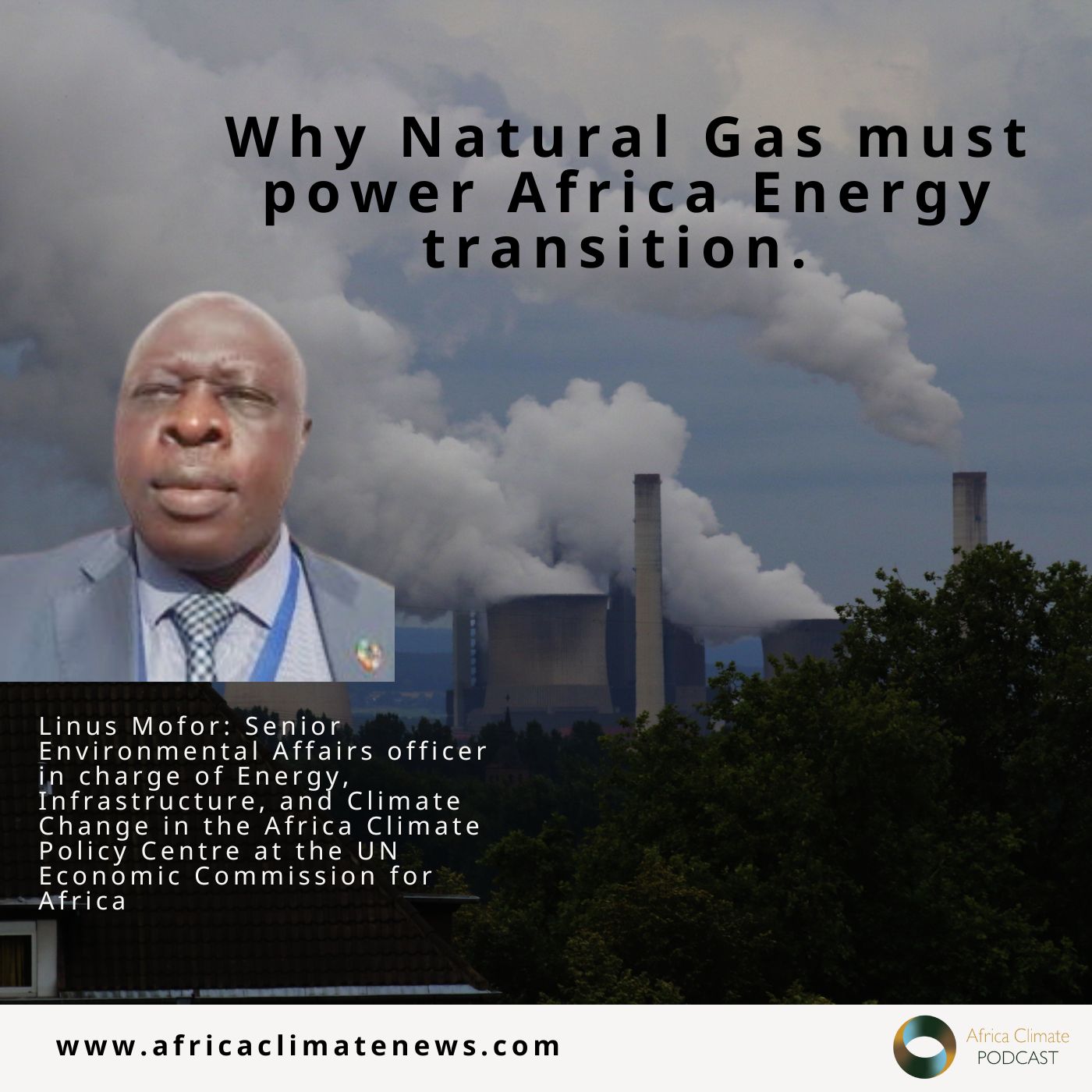
Africa is home to about 560 million people out of over 700 million without access to electricity worldwide. In July 2022, the African Union commission and its member states unveiled what they say is a practical approach to tackling the energy crisis in the continent.
The African Common Position on Energy Access and Just Transition stipulates that Africa will continue to deploy all forms of its abundant energy resources including renewable and non-renewable energy to address energy demand.
Natural gas, green and low carbon hydrogen and nuclear energy will play a crucial role in expanding modern energy access in the short to medium term while enhancing the uptake of renewables in the long term for low carbon and climate-resilient trajectory.
Linus Mofor a Senior Environmental Affairs officer in charge of Energy, Infrastructure, and Climate Change in the Africa Climate Policy Centre at the UN Economic Commission for Africa joins us for today’s episode.
Mofor, explains why is Africa choosing to mix its energy portfolio with natural gas and nuclear energy instead of 100 percent renewable, and what is being done to catalyze energy investment in the continent.
